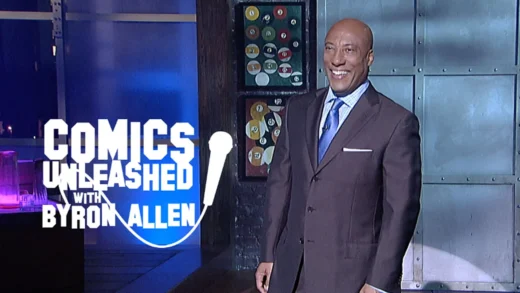On Monday, October 2, 2017, Harvey Weinstein arrived at work earlier than usual. As was his custom, he barked orders and moved from room to room inside his spacious office suite at 375 Greenwich Street, the New York City headquarters of the Weinstein Company (T.W.C.), a beautiful old red-brick factory building that had been converted into a center of the film universe.
The producer had formed the enterprise some 12 years earlier after he and his brother and partner, Bob Weinstein, exited their fabled Miramax operation, home to such critical and commercial successes as Shakespeare in Love,Pulp Fiction, and Sex, Lies, and Videotape. And during an equally successful tenure at T.W.C., the brothers, whose films have generated an astounding 81 Oscars since 1999, had ushered into the world The King’s Speech, Inglourious Basterds, Silver Linings Playbook, and The Artist. Now, however, T.W.C., the cinematic supernova, was suddenly imploding. And it was about to consume Weinstein the man and the brand.
The New York Times and The New Yorker, Harvey Weinstein knew, were moving forward with exposés of his personal behavior, going back decades. At first, the producer hewed to a strategy that, in the past, had served him well. He enlisted marquee attorneys to defend him, in this case assembling a legal dream team that eventually came to include renowned litigator David Boies, celebrity lawyer Lisa Bloom (the daughter of high-profile attorney Gloria Allred), and Charles Harder, who had filed the lawsuit that put Gawker out of business. Using combative advocacy for cover, Weinstein also deployed former intelligence operatives and a private-security firm, who were tasked with investigating his potential accusers, journalists reporting the story, and those who might be ratting him out to the press.
But as Weinstein saw that his time and his options were running out, he began to scramble. And as revealed here for the first time, he decided to take matters into his own hands. Weinstein and a coterie of loyalists—according to a dozen current and former T.W.C. employees and Weinstein advisers, as well as the initial findings of an internal company investigation—would allegedly spend his last days at the company searching for and trying to delete documents; absconding with others; surveilling ex-employees’ online communications; and seeking to discover who, in the end, had orchestrated his downfall.
For months, members of T.W.C.’s senior staff had heard rumblings that journalists were combing through Weinstein’s past. And yet, management asserted it did not know the depths of his alleged misdeeds or that, in some cases, he may have misled them about the focus and intensity of the reporting. “Look, anybody who tells you that we didn’t know [certain] things about Harvey is full of s***,” a close Weinstein confidant admitted. “We knew he was a bully, we knew he had a bad temper, and we knew he was a philanderer.” But, as the source went on to explain, “what I know today is somebody completely different. Black ops, Mossad agents [working to gather dirt on his enemies], covering stuff up, [alleged] rape . . . despicable behavior. . . . We heard the r-word only two or three weeks before [the Times story broke].”
(Excerpt) Read More at: MSN.com




